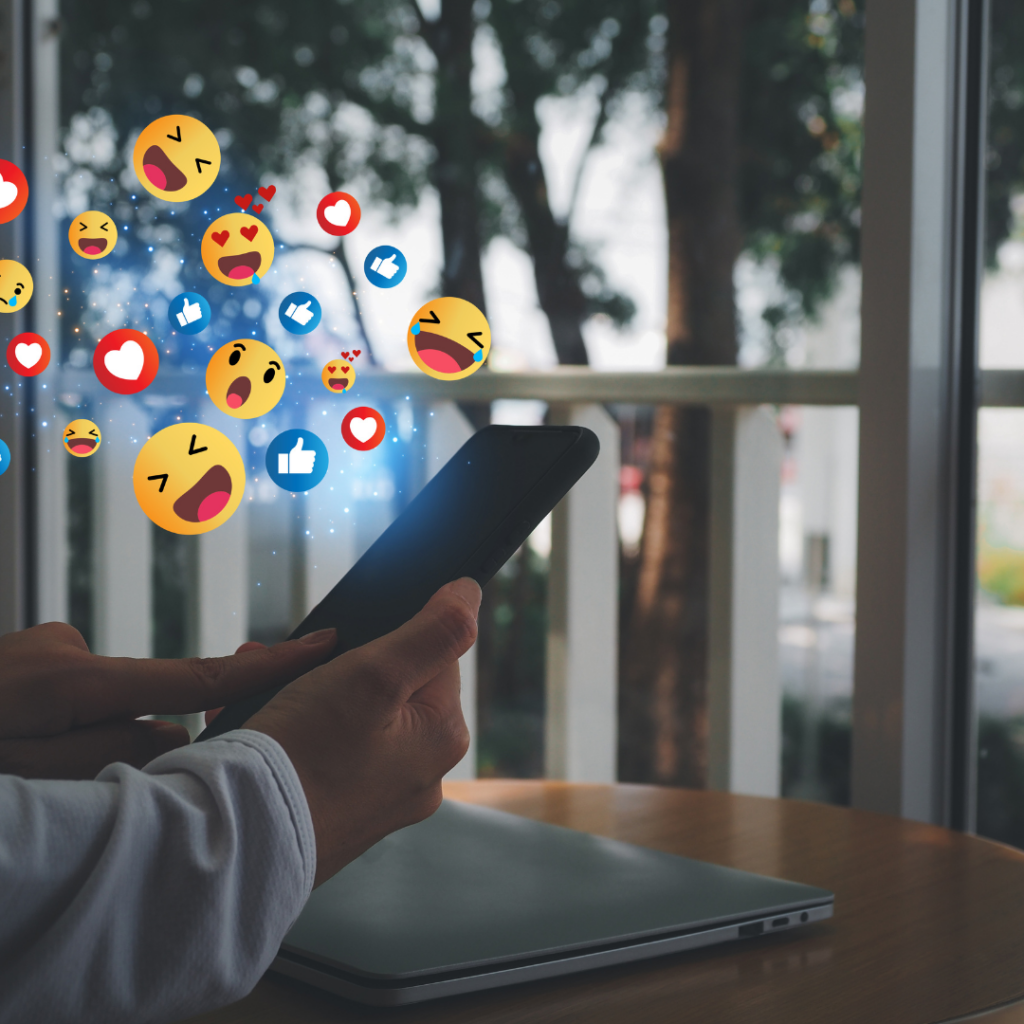1077Views 0Comments
Digital Privacy at Risk: Insights from The Kelly Baltazar Case

The digital age has brought unprecedented access to information, but it has also raised complex questions about privacy, reputation, and the permanence of our online presence.
The Kelly Baltazar incident serves as a stark reminder of these challenges.
In 2022, Baltazar, a rising star in the tech industry, became the center of a social media firestorm after a controversial tweet from her past resurfaced.
The ensuing backlash derailed her career and sparked a broader conversation about the blurred lines between our personal and professional lives in the digital realm.
So, how can we navigate the treacherous waters of the internet while safeguarding our privacy and reputation?
This article will delve into the Kelly Baltazar incident, examining the key events and their societal implications.
We will explore the growing challenges of maintaining privacy in an increasingly connected world and discuss strategies for managing one’s digital footprint.
Join us as we navigate the digital age’s complex landscape of privacy and reputation.
The Georgetown University Incident
In 2022, as a rising star in the tech industry, Baltazar was invited to speak at a conference hosted by Georgetown University. However, what should have been a routine engagement quickly spiraled into a nightmare.
According to reports, Baltazar was arrested by campus police following a heated argument with another conference attendee.
The details of the altercation remain unclear, but the incident quickly made headlines across the country. Baltazar was charged with disorderly conduct and could face legal consequences.
As the story unfolded, it became clear that this was more than just a simple disagreement.
In the days and weeks that followed, Baltazar’s life would be turned upside down as she faced intense scrutiny from both the media and the online community.
Media and Online Community Response

The response to the Kelly Baltazar incident was swift and intense. Within hours of her arrest, the story went viral on social media. News outlets worldwide picked up the story, with headlines focusing on Baltazar’s fall from grace.
Online forums exploded with speculation and commentary. Some users sympathized with Baltazar, arguing that the incident had been blown out of proportion. Others quickly condemned her, citing the incident as evidence of her poor character.
As the story unfolded, the narrative around Baltazar began to shift. What had initially been reported as a simple arrest soon took on a life of its own.
Commentators began to dig into Baltazar’s past, unearthing old social media posts and interviews that painted her in an unflattering light.
The media also significantly shaped public opinion. Some outlets focused on Baltazar’s accomplishments and potential, while others emphasized her alleged misconduct.
The constant barrage of coverage kept the story in the headlines for weeks, ensuring that Baltazar’s name remained at the forefront of public consciousness.
The Kelly Baltazar incident highlights the power of media and online communities in shaping narratives around public figures.
A single misstep can have far-reaching consequences in an age where information travels at lightning speed.
The Impact on Privacy and Reputation
The Kelly Baltazar incident serves as a powerful case study for understanding the impact of digital exposure on individual privacy and reputation.
In today’s interconnected world, a single event can quickly spiral out of control, leaving lasting damage.
For Kelly Baltazar, the consequences of her digital exposure were swift and severe. As her story spread across the internet, she was under intense scrutiny from her professional and personal networks.
Her once-promising career in tech was suddenly in jeopardy as potential employers and business partners distanced themselves from the controversy.
But the impact went far beyond her professional life. Baltazar’s relationships also suffered as friends and family members were drawn into the media frenzy. She found herself the target of online harassment and threats, forcing her to retreat from social media entirely.
The Role of Social Media
Social media has revolutionized the way we communicate and share information. However, as the Kelly Baltazar incident demonstrates, it can also be a double-edged sword in managing our online reputations.
The rapid spread of information on social media made it difficult for Baltazar to control the narrative surrounding the incident.
Even as she attempted to set the record straight, the story continued to evolve and mutate, taking on a life of its own.
The Kelly Baltazar incident underscores the power of social media to amplify and distort information.
In a world where a single tweet can go viral in minutes, it’s more important than ever to be mindful of what we post and share online.
But social media isn’t just a passive observer in these situations. As we explore further, it can also be a powerful tool for managing and repairing our online reputations.
By taking a proactive approach to our digital presence, we can help mitigate the impact of incidents like the one that occurred to Kelly Baltazar.
Navigating Digital Reputation Management
In the wake of the Kelly Baltazar incident, many individuals and businesses wonder how to protect their online reputations. Here are some key steps to consider:
- Monitor your online presence regularly.
- Set up Google Alerts for your name and business.
- Periodically search for yourself online to see what information appears.
- Use social media monitoring tools to track mentions of your name or brand.
- Be proactive about building a positive online presence.
- Create and maintain professional profiles on platforms like LinkedIn.
- Regularly post positive content that showcases your expertise and values.
- Engage with your audience and build relationships with influencers in your industry.
- Respond quickly and thoughtfully to negative feedback.
- Don’t ignore negative comments or reviews – address them promptly and professionally.
- Offer solutions and make amends where appropriate.
- Consider hiring a reputation management firm for more serious issues.
- Be mindful of what you post and share online.
- Think twice before posting controversial or potentially offensive content.
- Set your social media profiles to private if you don’t want them to be publicly accessible.
- Be cautious about sharing personal information online.
Implementing these strategies can help you control your digital reputation and minimize the impact of negative exposure.
But it’s not just about damage control – it’s also about building a positive online presence that reflects your values and expertise.
As we’ve seen with the Kelly Baltazar incident, a single event can have far-reaching consequences in the digital age.
By proactively managing your online reputation, you can help ensure that your digital footprint is an asset, not a liability.
Of course, navigating the complexities of digital reputation management can be daunting.
That’s why many individuals and businesses work with reputation management firms or consultants who can provide expert guidance and support.
Conclusion
The Kelly Baltazar incident powerfully reminds us of our challenges navigating privacy and reputation in the digital age. As we’ve seen, a single event can quickly spiral out of control, damaging an individual’s personal and professional life.
While the risks are real, we can also draw important lessons from this incident. By proactively managing our online presence, we can minimize the impact of negative exposure and build a positive digital reputation that reflects our true values and character.
This means being mindful of what we post and share online, regularly monitoring our digital footprint, and responding quickly and thoughtfully to any negative feedback or criticism.
The Kelly Baltazar incident may have been a painful lesson, but it’s one that we can all learn from. As we move forward in an increasingly connected world, remember our power and responsibility in shaping our digital destinies.
We would love to hear from you and share your views with us.

